“The biggest challenge to limiting climate change to 2 degrees Celsius, the upper target of the 2015 Paris agreement, is this: methane emissions are rising very fast,” says Euan Nisbet, a professor of earth sciences at Royal Holloway University.
If each CO₂ molecule is like a candle that patiently warms the atmosphere, methane is like an exploding bomb: responsible for much more heat, but over a much shorter timescale. Satellites are identifying the methane that’s leaking from oil wells and gas pipelines, and most countries have at least promised to reduce these emissions by a third by 2030.
But if humanity is to throw the brakes on runaway climate change, something has to be done about the biggest human source of methane there is: agriculture.
This roundup of The Conversation’s climate coverage comes from our award-winning weekly climate action newsletter. Every Wednesday, The Conversation’s environment editor writes Imagine, a short email that goes a little deeper into just one climate issue. Join the 40,000+ readers who’ve subscribed.
Controlling methane emissions
Earth’s atmosphere is warmer and wetter than it would otherwise be, thanks to fossil fuel burning. This is inducing wetlands, once a reliable carbon store, to emit more methane to the atmosphere, and so speed up climate change, Nisbet says.
This makes it even more urgent to tamp down the methane sources under our immediate control. Nisbet has calculated that roughly 210 million to 250 million tonnes of methane come from agriculture and its products. Most of this is in the breath of livestock animals and their manure, and food rotting in landfills.
Here’s the good news.
“Cutting agricultural methane emissions involves a wide range of relatively cheap measures that need good design and management, but could cut food-related emissions substantially over the next decade,” Nisbet says.
Adding a layer of soil to a landfill provides habitat for methane-munching bacteria. Covering manure storage tanks, banning the burning of crop waste and only flooding rice paddies when necessary could pinch other methane sources.
These aren’t expensive or difficult changes, Nisbet says. It might cost more to vaccinate cattle or breed them to produce more female calves, however. The point with both measures is to have smaller herds for the same quantity of beef and milk.
Lower consumer demand would also shrink these methane mobs (here’s where you come in, dear reader). If more of our essential nutrients like protein came from beans instead of meat, our health would benefit along with the climate. While nutritionists and environmental scientists urge us to eat more fruit and vegetables, the global food system is stacked against this outcome.
Globally, every fifth dollar of public farming subsidy goes towards rearing meat. In the intensively farmed UK where I live, 85 per cent of farmland is devoted to livestock and the crops that feed them. Yet these captive animals are the source of less than one third of our calories.
“The longer the livestock-intensive system prevails, the greater the environmental, economic and social costs,” says Benjamin Selwyn, a professor of international development at the University of Sussex.
A green new deal
Selwyn favours a “green new deal” that would make farming “complement rather than undermine the environment”.
What does that look like? Fewer cows, more woodland and more crops grown for human consumption, Selwyn says. This is essentially what government advisers recently proposed to keep the UK on track for net zero emissions.
To nudge the food system in this direction, researchers like Yi Li, a senior lecturer in marketing at Macquarie University, are testing the effect of labels on meal choices.
In Australia, where Li is based, meat accounts for half of all greenhouse gas emissions from products consumed at home. Producing 1kg of beef may emit 60kg of greenhouse gas, while the same quantity of peas yields just 1kg of emissions. But Li found consumers weren’t always savvy to the gulf in emissions between the two.
“Our label creates a mental link between a food source and its carbon impact,” she says.
“When a consumer sees high carbon scores and red traffic lights appearing more frequently on meat and other animal products, they begin to make the connection between those products and higher emissions.”
While better informed consumers are important, the food system needs deeper reform.
“Many conceptions of the protein transition from animal sources to more plant products ignore the necessity of improving farmers’ and agricultural workers’ incomes. But this will be crucial,” Selwyn says.
Just as oil and gas workers will need financial support and training opportunities to ply their skills in a low-carbon energy sector, farm workers will need security and guidance to adapt to new forms of food production, says Alex Heffron.
Heffron, a PhD candidate at Lancaster University, researches agricultural transitions and is a farm worker himself. He says that people picking crops, milking cows and driving farm machinery are among the most exploited and precariously employed of the UK’s workforce.
In fact, if the country were to begin phasing out livestock and ramping up fruit and vegetable production tomorrow, the burden would fall heavily on migrant labourers who the UK attracts with a seasonal worker scheme. This scheme has been criticised for overlooking allegations of forced labour.
“There will be no green transition unless these workers have a stake in it,” Heffron says.
What kind of stake might move farmers away from steak? Selwyn has some suggestions, which include spreading land ownership more evenly with community land trusts and allowing public bodies to acquire vacant, derelict or damaged land for allotments and nature habitat.
“Farms can be paid directly by government for sustainable production to combat farmer poverty,” he adds. “And the real living wage of £12.60 an hour should be compulsory for agricultural workers.”
Jack Marley, Environment + Energy Editor, The Conversation
This article is republished from The Conversation under a Creative Commons license. Read the original article.


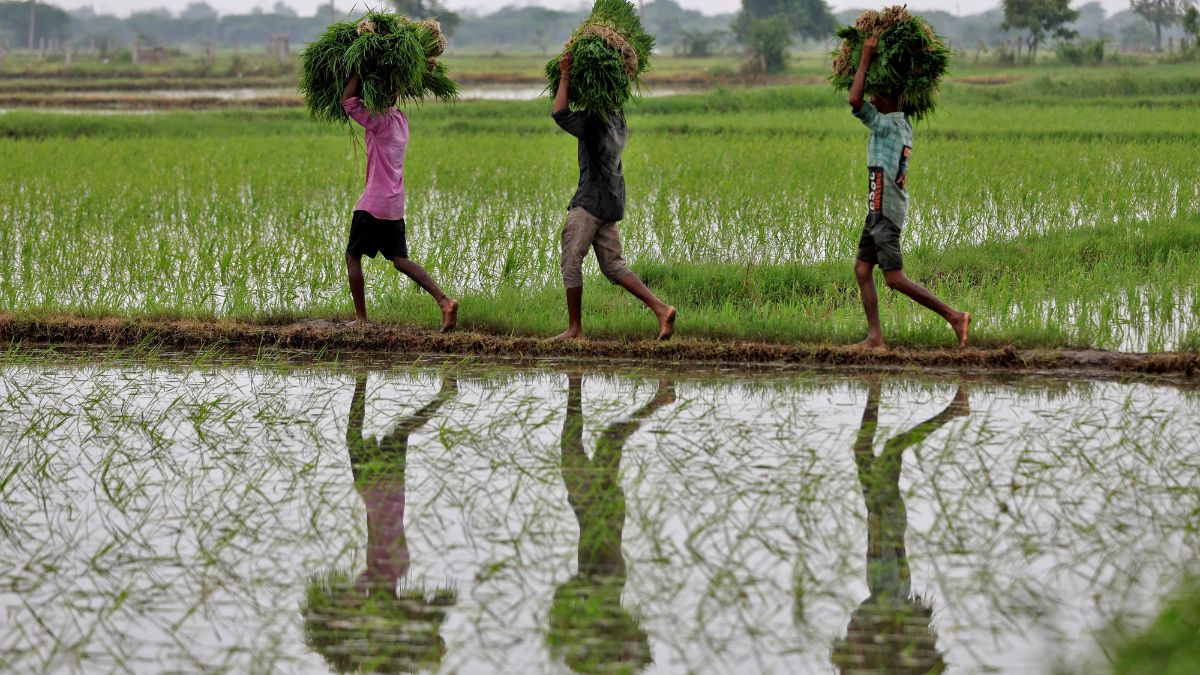)

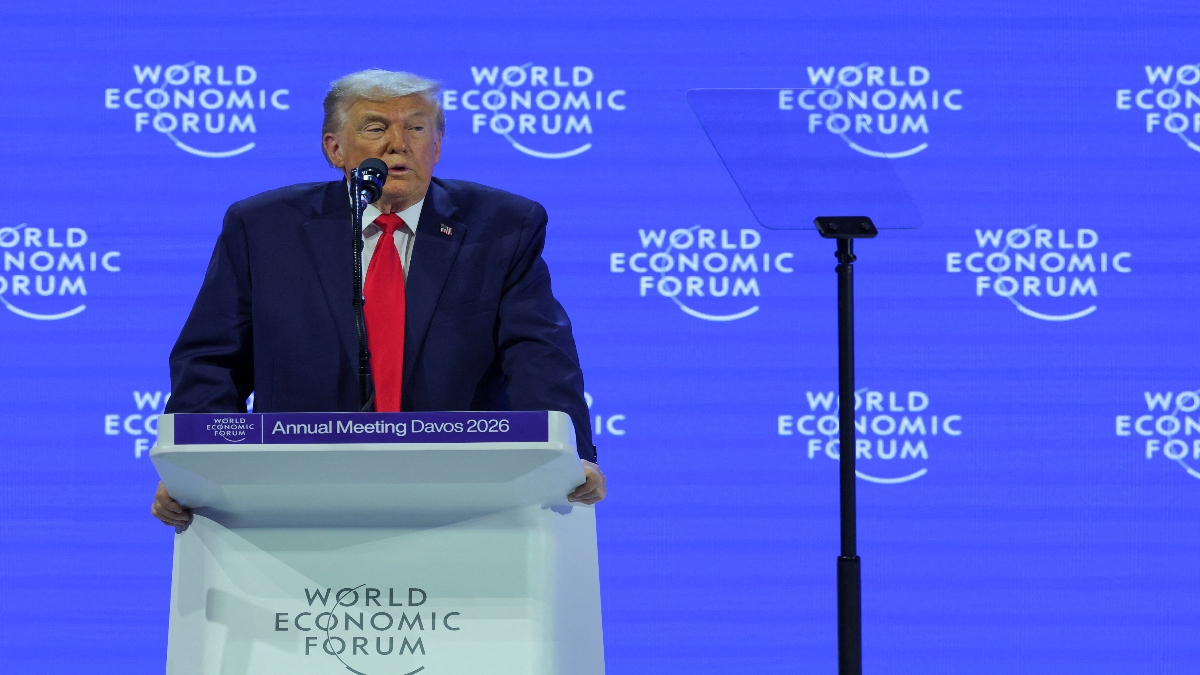)
)
)
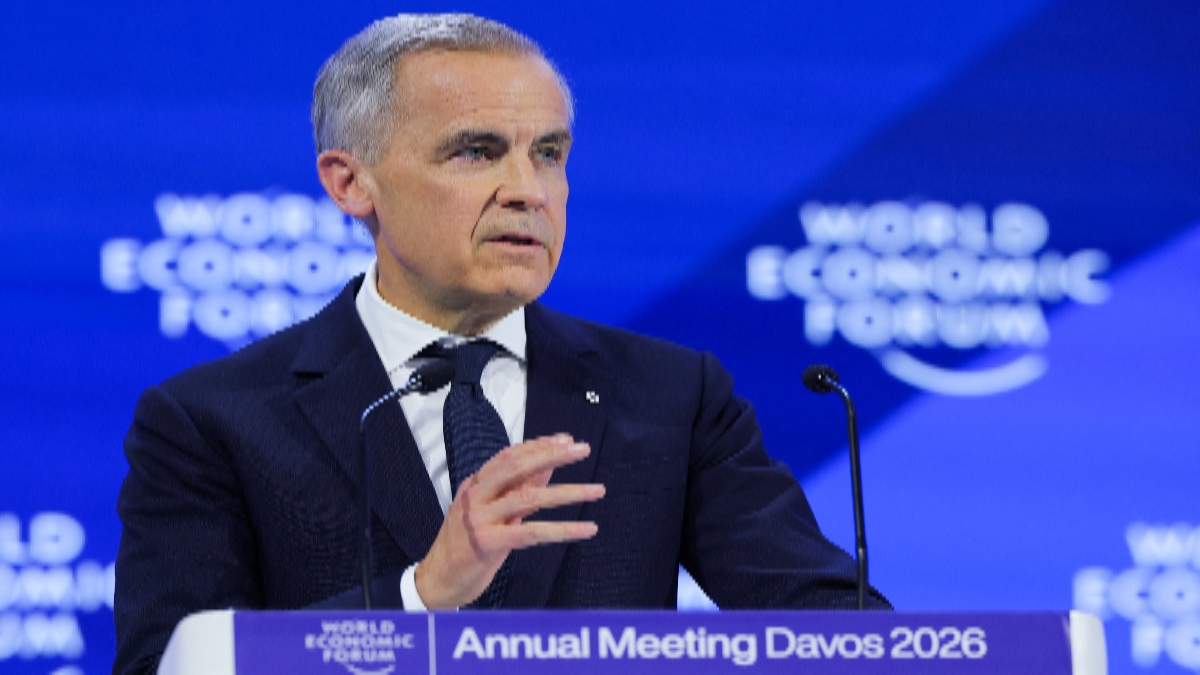)
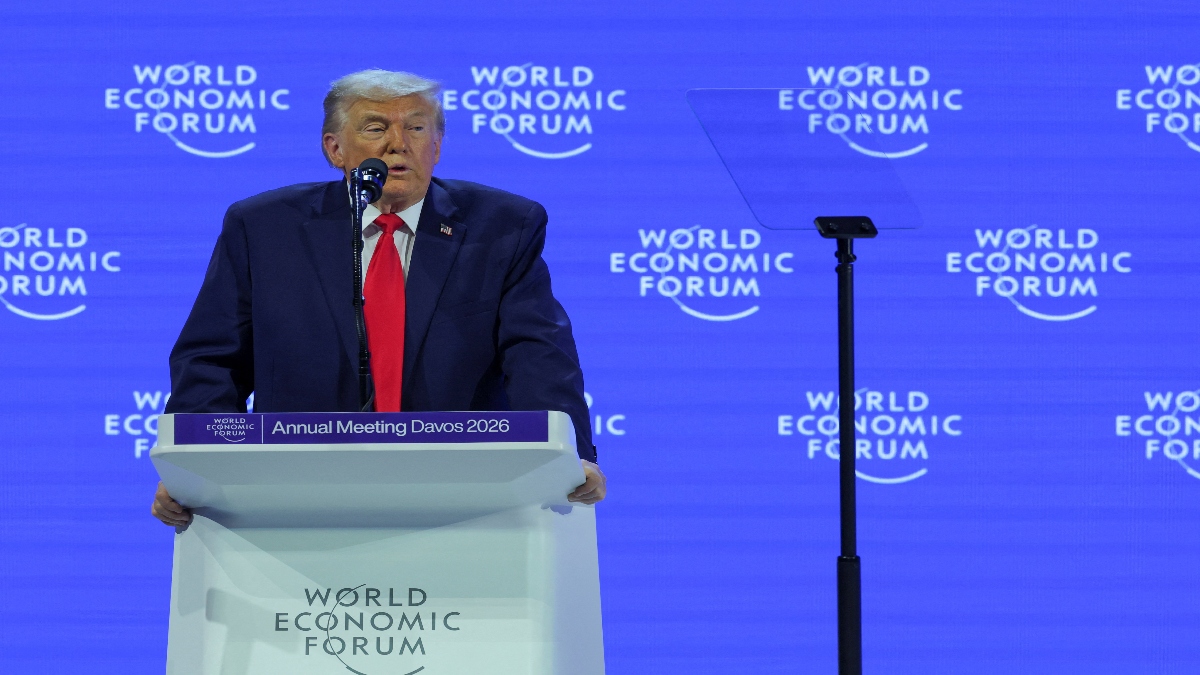)
)
)
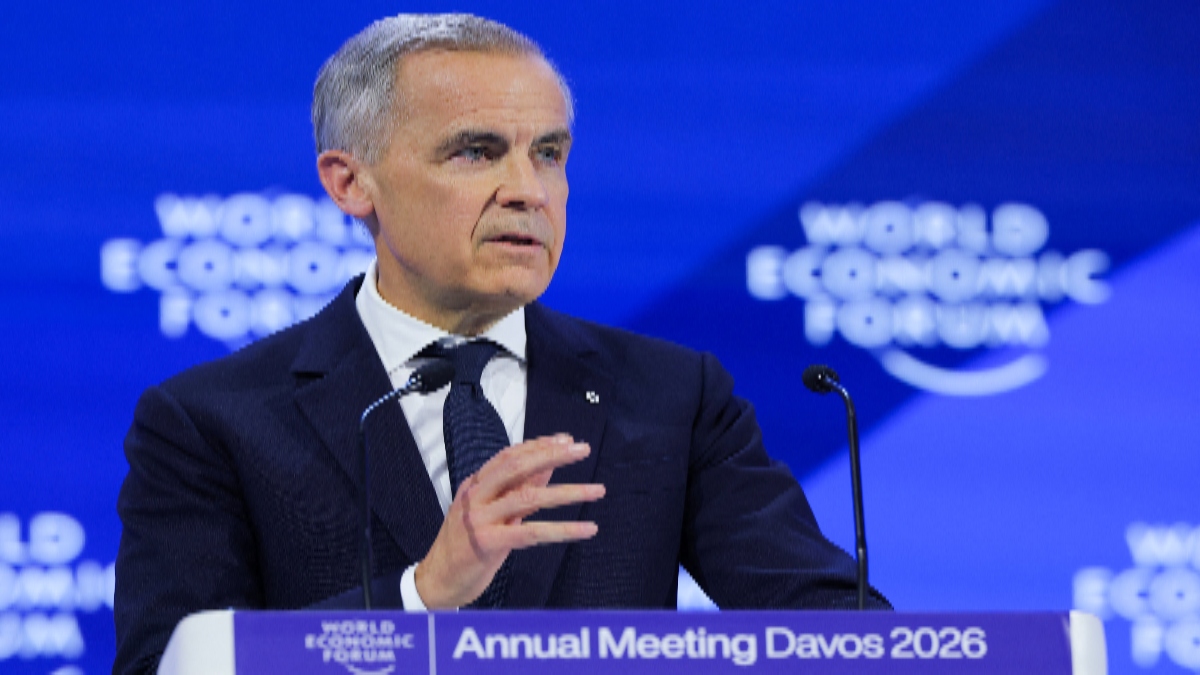)



